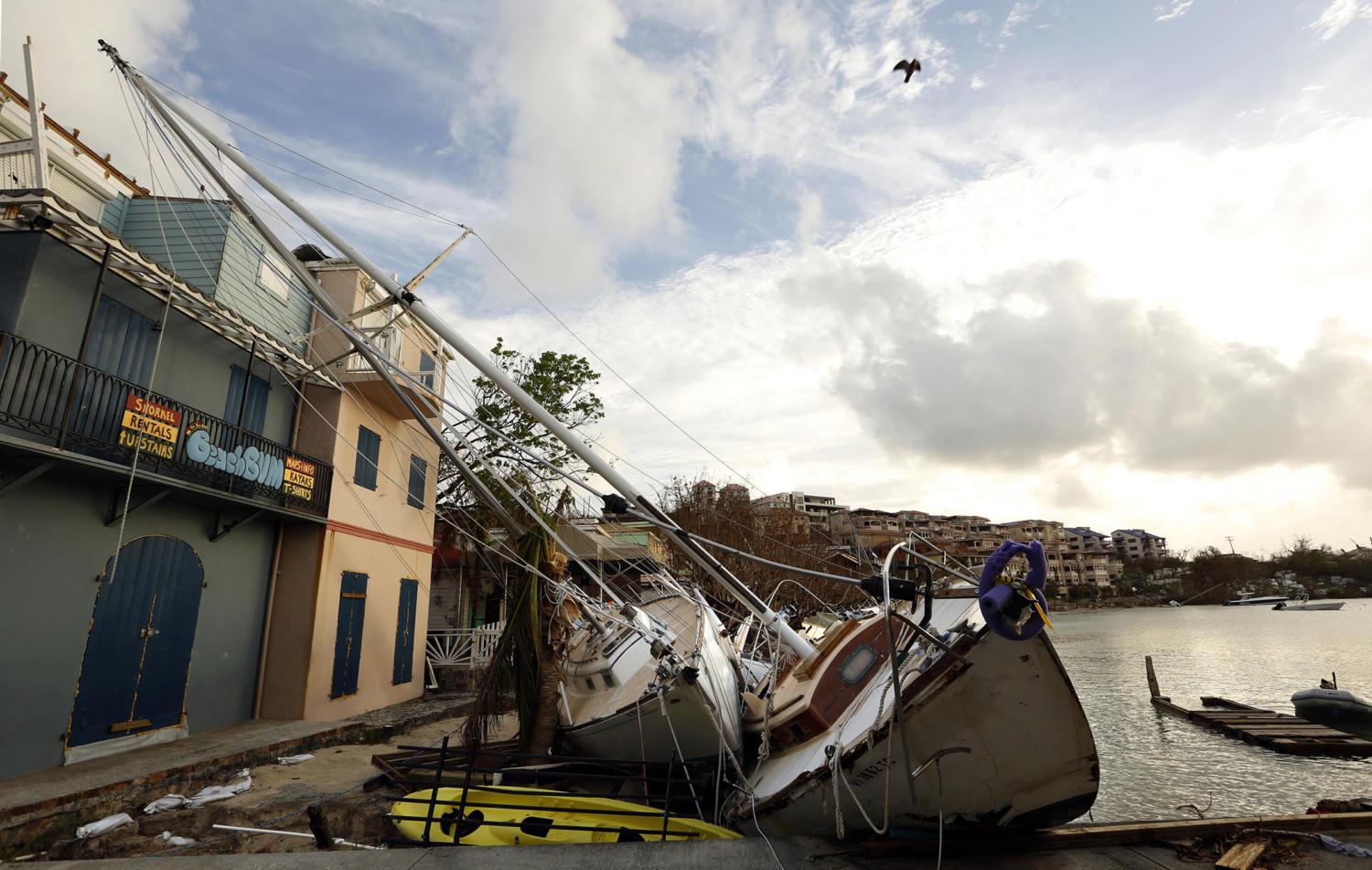Earlier this week, my brother and I sat and watched the coverage on Hurricane Irma. “I think the world is going to end; I mean, there’s just too many bad hurricanes,” he said to me as the coverage showed the intense destruction of the hurricane. I laughed. Obviously, this was nothing more than another hurricane season to pass.
Then I heard that Hurricane Irma was the most powerful hurricane recorded in the Atlantic ocean, as the United States National Hurricane Center reported it reached up to 185 mph winds.
Developing nations have been suffering at the hands of climate change for years. This drastic shift in global warming cannot be justified by the actions of a small nation; instead, industrialized countries such as the U.S. are to blame.
The irony is, developing nations in the Caribbean have a much smaller impact on global warming in comparison to the U.S., yet they have to deal with the worst of it. According to World Atlas, the U.S. is the second highest emitter of greenhouse gases on the planet, with a population of higher than 321 million, almost all of whom have access to first world amenities such as electricity and cars. Nations in the Caribbean don’t even place in the top 20.
Most of the repercussions of climate change are felt in the Caribbean countries, with infrastructures unable to take the damage caused by flooding and other natural disasters. The ramshackle and poorly put-together homes can barely withstand regular winds, let alone hurricane gusts and torrential rains. It is hard for them to fund hurricane recovery simply because they are impoverished and struggle to afford what’s considered basic necessities such as food and healthcare.
It would seem that the solution to these catastrophic hurricanes would be to gear our attention and concerns toward climate change. It is the clear perpetrator. However, it seems that our reliance on the forces that drive climate change, like our refusal to limit our beef consumption, rampant deforestation and our dependence on gas-guzzling automobiles will make it difficult for us to ever really tackle this problem.
Although he is president of one of the biggest contributors to climate change, President Donald Trump is also one of the biggest advocate of a world without environmental regulations. Earth-saving environmental policy goes against his principles of unmanaged and unregulated business.
Overflowing support comes to him from various fronts such as Congress and the business sector, who are leading the fight to silence science. It’s rooted in capitalism, a selfish drive for these leaders in Congress and business who are determined to make a profit by any means possible.
We need to start taking responsibility for our massive carbon footprint to prevent the unnecessary suffering of these developing nations. This denial in climate change is detrimental to areas dealing with harsher hurricanes because while Trump’s repudiation shields him from the truth of these catastrophes, developing nations are taking the harsh realities of climate change head on.
What the hurricanes have done is take the effects of climate change and brought it right to their doorsteps. The damage caused by these hurricanes, especially in the poorer Caribbean nations, is devastating. Homes in the Caribbean are destroyed because of Irma, with hundreds of people on various islands left homeless or displaced. The island of Barbuda has been completely evacuated, to avoid any deaths. There have been around 36 reported deaths in the Caribbean from Irma alone.
Hurricanes won’t cease to exist. These nations have barely escaped complete destruction, and the storm season isn’t over. In fact, it hasn’t reached its peak yet. Maria is headed straight for the Caribbean this week. 2018 will bring in another hurricane season much worse than the last. How much more can these countries in the line of destruction take?
Maybe this incessant barrage of destructive hurricanes is Mother Nature’s way of initiating Armageddon, which, to the U.S., might seem preposterous. But to those developing nations who simply cannot adjust to the changing weather patterns, it certainly could be.





Wow this really opened my eyes. I will try to limit my electricity consumption whenever I can. Thank you for informing the public and great work again! Keep it up Hannah, you’re the best!
I love your brother
Good work Hannah !!